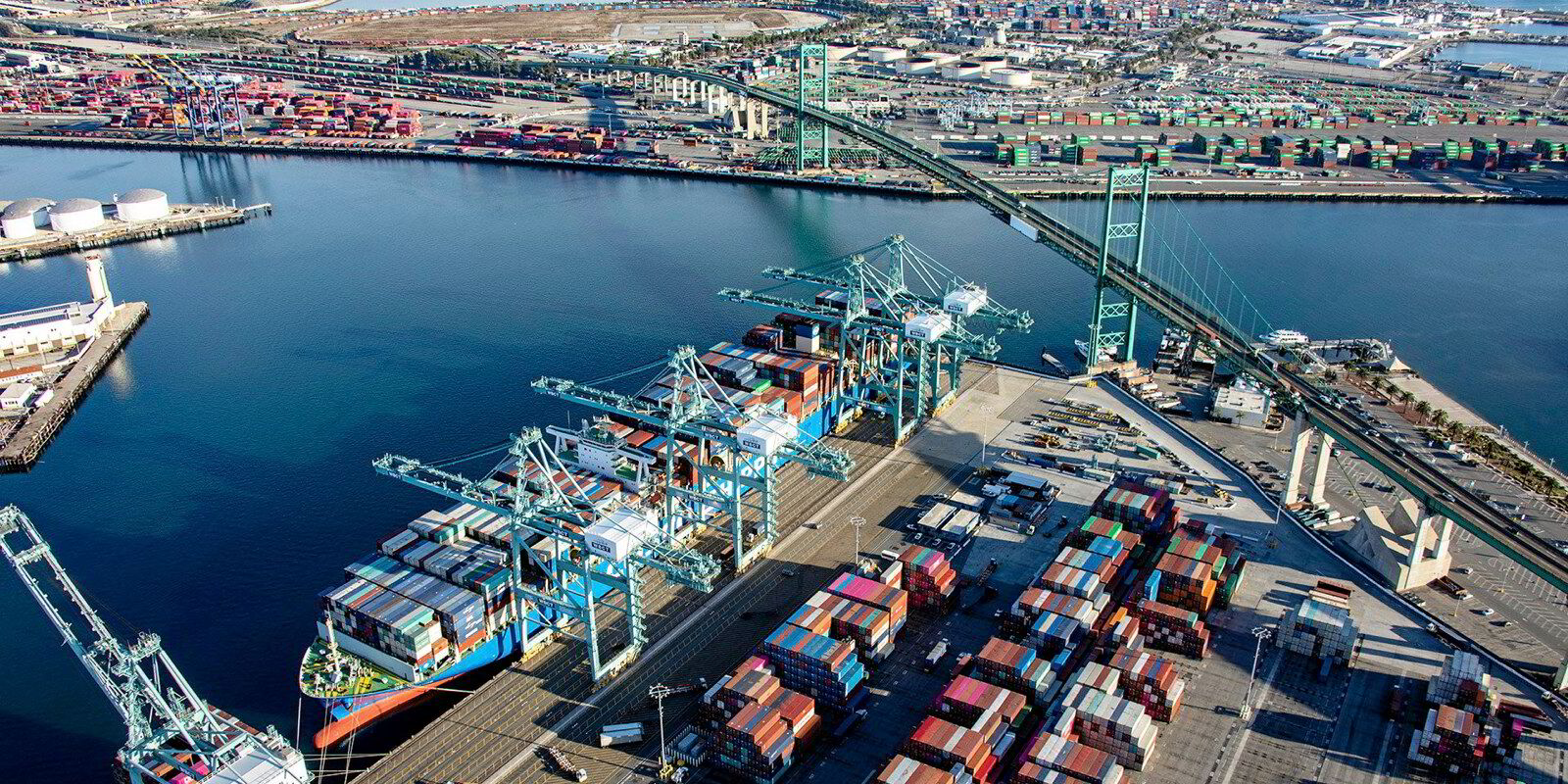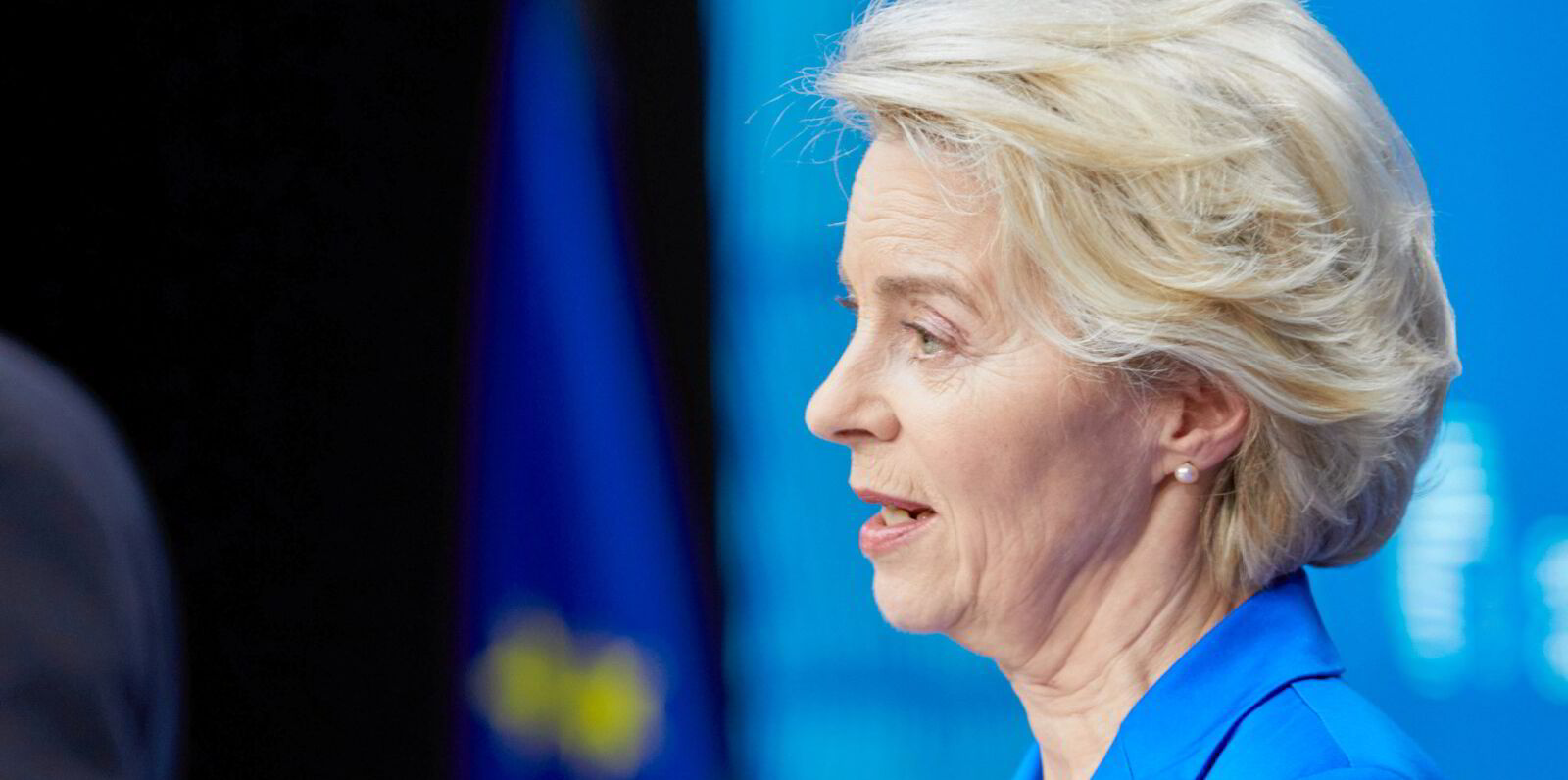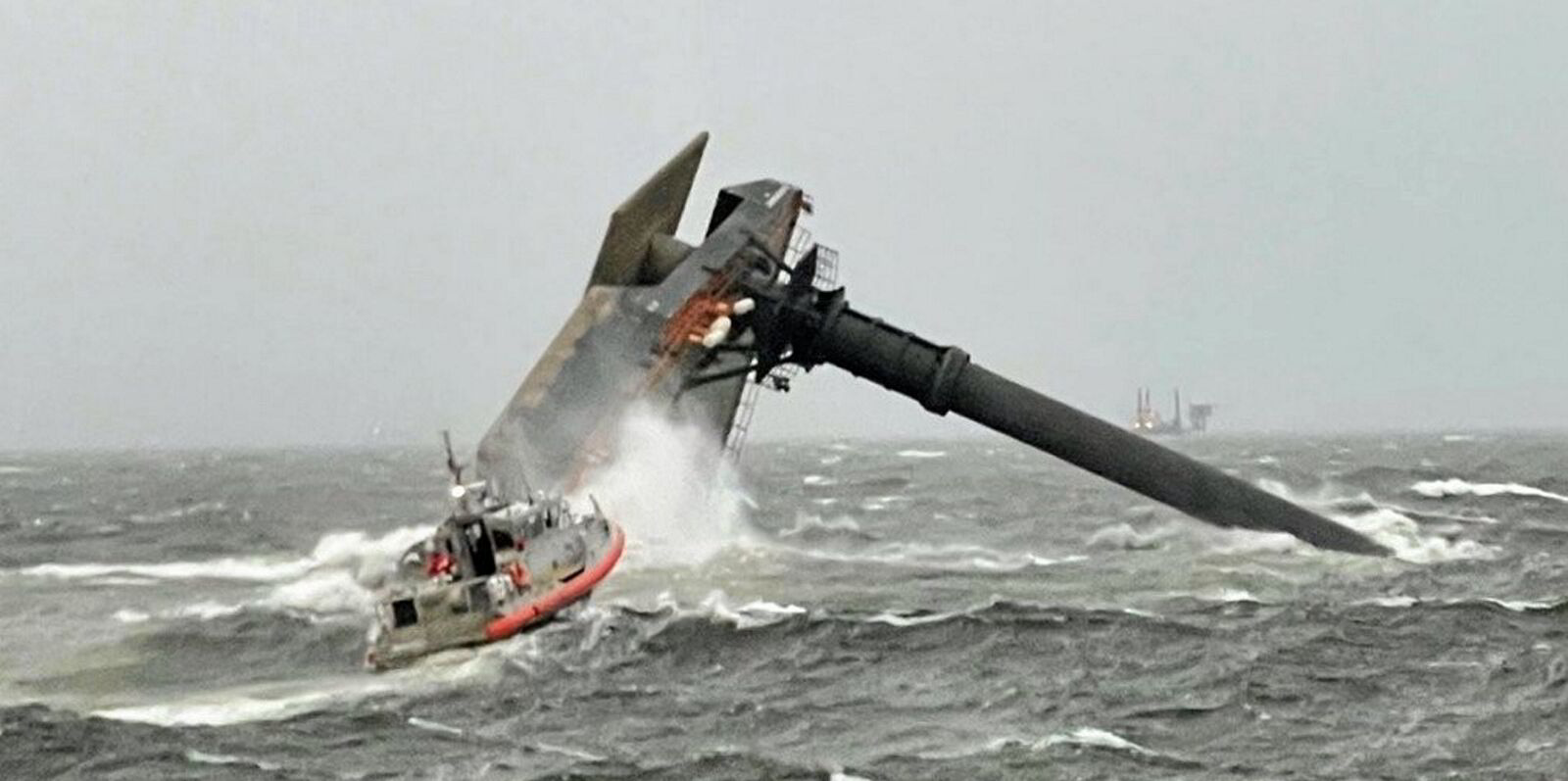A group of top liner operators has nominated services that are likely to be used to deploy low-carbon fuels between California’s biggest ports and Shanghai.
The working group, which is currently led by CMA CGM, is part of a partnership involving the ports of Los Angeles, Long Beach and Shanghai, and C40 Cities, a global coalition of mayors.
Container ship operators AP Moller-Maersk, CMA CGM, Cosco Shipping Lines, Ocean Network Express and Evergreen Line are participating.
According to the first annual report published on Wednesday, a carrier working group was first led by Denmark’s Maersk with CMA CGM as co-chair, before the French liner giant took the helm and Cosco took the rotating co-chair position.
The group “collected the low carbon emission fleet development road map for each carrier and nominated services that are likely to participate” in the green corridor, according to the report.
It has established a competition policy.
The carriers will develop metrics for the corridor by evaluating existing metrics by the International Maritime Organization and monitoring its development of regulations.
But the report identified the need for a “clear and globally consistent set of rules governing the use of green fuels by shipping” as a key challenge facing the initiative, alongside developing a framework for metrics and monitoring.
Cosco is leading another working group focusing on energy supply.
By the end of this year, that group plans to establish a fuel production and supply schedule to match the corridor’s demand, and establish standards for low and zero-carbon fuels in the corridor.
Meanwhile, the ports of Los Angeles and Long Beach are considering modifications to their vessel incentive programmes to encourage adoption of cleaner fuels, the report said. They are also engaging with potential fuel suppliers.
The Port of Shanghai has made progress in adding shore-based electric power for ships, and it is “rapidly enhancing” its capacity to fuel vessels with clean energy, according to the report.
“As the partnership moves from planning to full-scale implementation, hard work lays ahead,” the initiative said.
“The partners will now begin to address some of the most significant challenges,” including ensuring the availability of green fuels at competitive prices, and building expertise and infrastructure.





